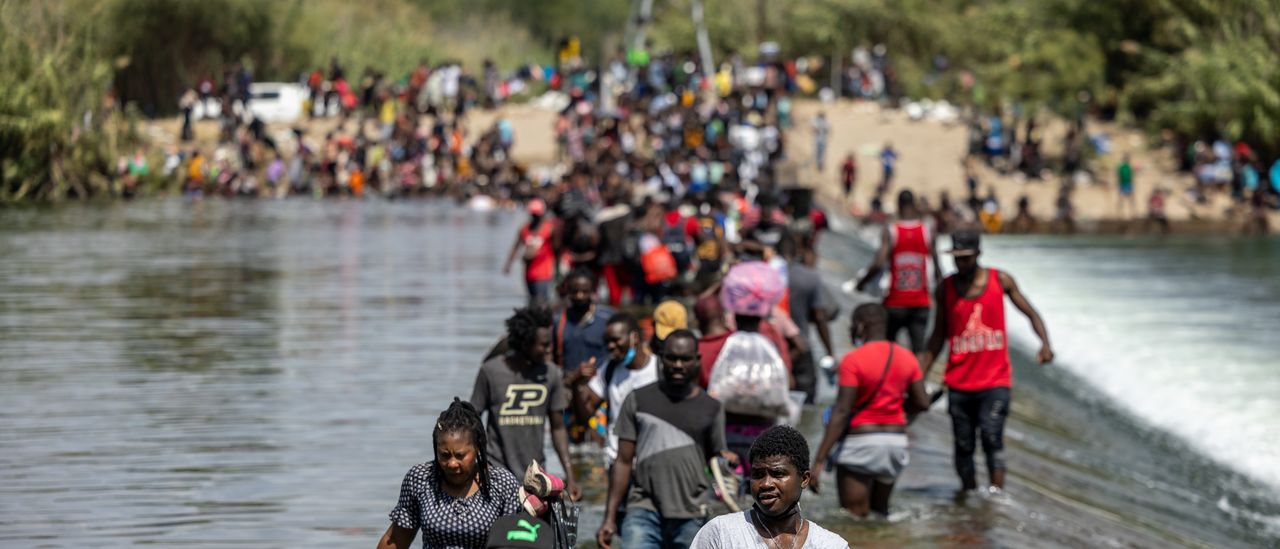Michael Ginsburg
September 25, 2021
-Daily Caller
A number of Haitian migrants at the U.S. southern border held refugee status in Chile, abandoned ID cards viewed by the Daily Caller show.
More than 15,000 migrants camped under the Del Rio Bridge in Del Rio, Texas, before the Department of Homeland Security (DHS) cleared the camps on Friday, sending the migrants to Customs and Border Protection (CBP) processing centers along the southern border. Secretary of Homeland Security Alejandro Mayorkas said that “a minority of the individuals” will be allowed to remain in the U.S. following deportation hearings
Under U.S. immigration law, individuals are not eligible for refugee status if they are “firmly resettled in a third country.” Large numbers of Haitian migrants are likely ineligible for refugee status in the U.S. because they already received refugee status in Chile, government-issued photo identification cards viewed by the Daily Caller’s Jorge Ventura show.
Chilean ID's littered all over on the Mexican side in Ciudad Acuna. The majority of the Haitian migrants have been living in Chile for years and have even been given refugee status pic.twitter.com/insAB3TLyf
— Jorge Ventura Media (@VenturaReport) September 24, 2021
Thousands of Haitians immigrated to South American countries throughout the 2010s, in the wake of natural disasters and government unrest. They were granted refugee and residence status in large numbers. The Haitian expatriate community in Brazil numbered 143,000 in 2020, according to El Pais, and 175,000 in Chile. In 2018, 105,000 Haitians, or 1% of the country’s entire population, arrived in Chile, the Miami Herald reported.
Large numbers work as street vendors and construction workers, and many send money back to Haiti. Remittances made up 23.2% of Haitian gross domestic product in 2020, the seventh-highest number in the world, according to World Bank data.
A Haitian migrant recently told the Daily Caller that he waited four years in Chile before making the trek to Del Rio, Texas. When asked about his employment in Chile, the migrant said he “was working in construction.”
However, the COVID-19 pandemic and accompanying economic downturn led many Haitians living in Chile to make a journey that spans eight countries and two continents. CBP officials requested additional technological assistance in June due to expectations of the increase in attempted crossings.
When reached for comment on the number of migrants holding refugee status, U.S. Citizenship and Immigration Services referred the Daily Caller to the State Department. A State Department spokesman declined to comment on the record.




